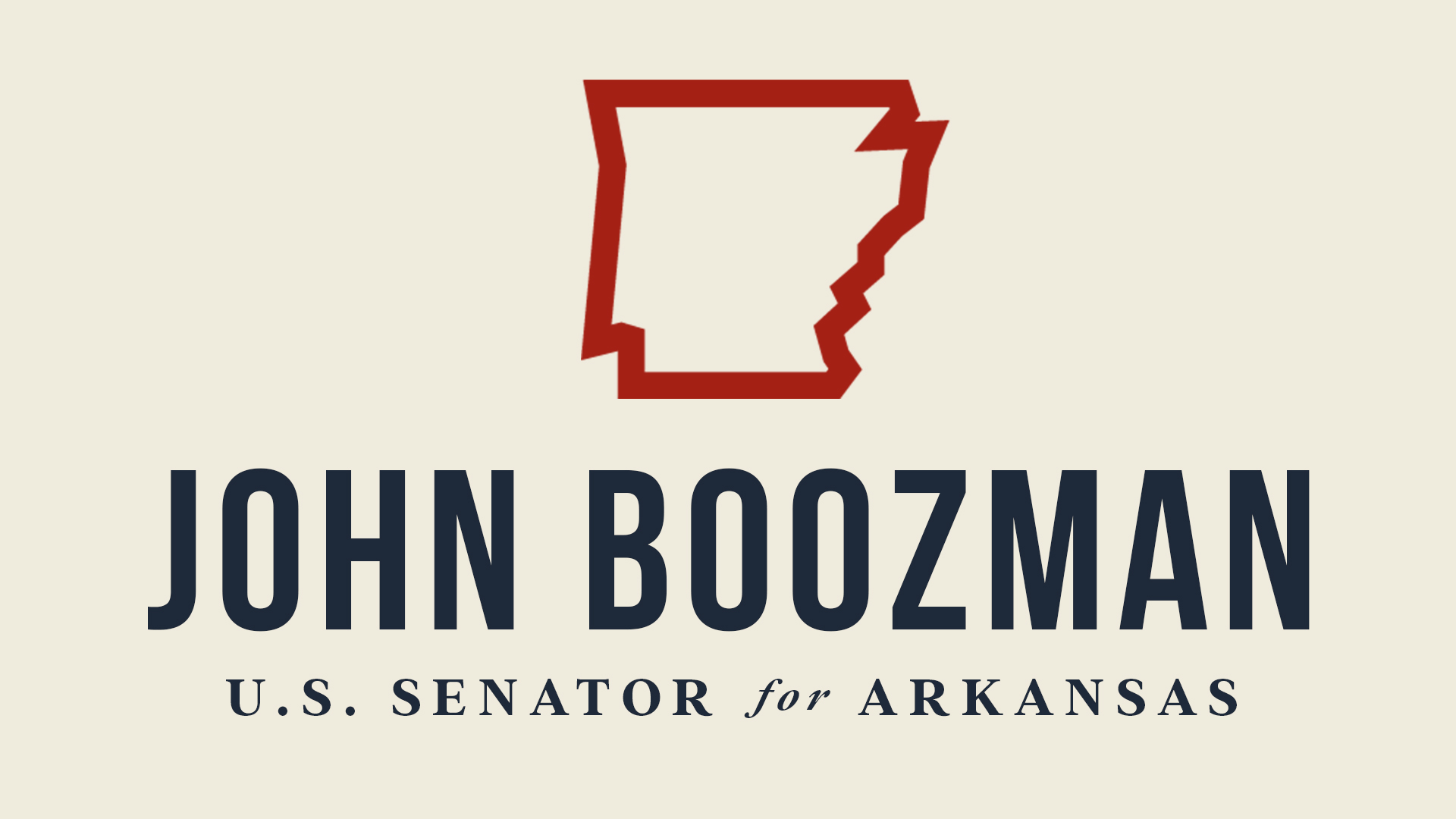Source: United States Senator for Arkansas – John Boozman
WASHINGTON––U.S. Senator John Boozman (R-AR) joined Senator Mike Braun (R-IN) and 40 other GOP colleagues in formally moving to disapprove and nullify President Joe Biden’s vaccine mandate on private sector employers under the Congressional Review Act (CRA) – the official process for Congress to eliminate an executive branch rule.
This week, the White House is expected to issue a rule to officially mandate vaccination requirements for employees at private businesses with more than 100 employees. The rule, which will affect more than 80 million Americans, allows the Occupational Safety and Health Administration (OSHA) to impose thousands of dollars in fines on employers that do not comply.
“Government vaccine mandates are not only an overreach, but likely also counterproductive by hardening hesitancy and resistance,” Boozman said. “I’m vaccinated. I believe it is an important tool against COVID-19 and getting our country back to normal, but that is a choice for every individual to make. The federal government shouldn’t be conscripting private employers to enforce a vaccination mandate or risk staggering fines. These job creators face enough headwinds – including labor, supply chain and inflationary crises – and don’t need another obstacle to efficiently running their businesses.”
“Since the announcement of President Biden’s vaccine and testing mandate in September, I have led the charge to strike down this vast overstep of authority by the federal government,” Braun said. “Today, we are one step closer to protecting the liberties of millions of Americans in the private sector workforce under the Congressional Review Act. I urge my Senate colleagues to vote in favor of this disapproval resolution in the coming weeks.”
BACKGROUND:
On September 8, President Biden announced a COVID-19 vaccine mandate that is expected to force private sector employers with more than 100 employees require its workforce to become vaccinated or produce at-least-weekly negative test results.
The CRA authorizes Congress to oversee the federal regulatory process by allowing it to review and potentially revoke, through a resolution of disapproval, rules that substantively affect the American people. Under the CRA, rules must be submitted to Congress before they can take effect, at which point they can be brought for a vote under expedited procedures. When an agency fails to submit to Congress a policy that constitutes a rule under the CRA, a member of Congress may request that the Government Accountability Office (GAO) issue an opinion regarding whether the rule should have been submitted to Congress. If GAO finds that the policy should have been submitted to Congress because it constitutes a rule, then such rule can be brought before Congress for a vote under the same expedited procedures.
